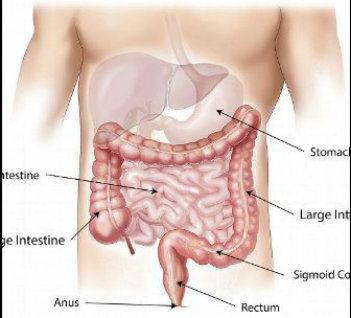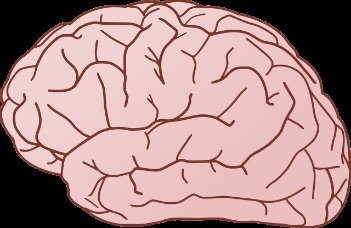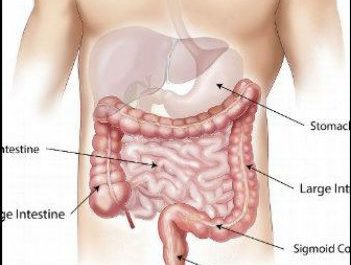Why The Gut Is Considered To Be The Body’s Second Brain
In the human body, each organ’s functionality is dependent on the other supporting organs. For instance, for the blood to reach the brain, it must receive communications from the nervous system. Because of this, every human organ or tissue is just as important as the other. However, organs such as the brain and heart for a long time have been termed as the vital organs which facilitate the proper functionality of the whole body, but this has not been the case. What if you found out that the gut is also a considerable vital organ?
What Happens In The Gut?
The gut, also known as the gastrointestinal tract, is an important organ for food transfer to digestive organs such as the liver. Just as the brain, a normal gut imparts specific functions in a healthy person’s nutrient, drug and xenobiotic metabolism. The following takes place in the gut:
- Food digestion and absorption of nutrient molecules necessary for daily living.
- It contains a larger percentage of immune system cells which plays a pivotal role in protecting your body from infections by helping to fight bacteria, viruses, and cancerous cells.
- Ensures that the waste materials from the body are removed.
Shared Similarities With The Brain
The gut has been known to resemble the brain in some ways, which has led to it being termed as the second brain. For instance, when a person is nervous, they tend to have “butterflies” in their stomach. Where do these signs originate? Apparently, the gut does not necessarily act in the same way as the brain, however, it may control romantic feelings or answer a complex question. It majors in controlling the movement of food from ingestion to the action of the responsible enzymes in food breakdown, and to the control of the blood flow that aids in absorption and excretion. The gut has a nervous system called the Enteric Nervous System (ENS) that lines your gastrointestinal tract from the esophagus to the rectum which works kind of similar to the brains’ Central Nervous System (CNS).
Just as the CNS, ENS is richly supplied with nerve cells that act as an important communication tool with other sidelining organs and tissues like the liver and the spleen. There is a major connection between the ENS and CNS going by the fact that during fetal development, CNS gives rise to ENS.
The CNS And ENS Connection
The brain functions by triggering the Central Nervous System in the transportation of certain information to other  organs which directly affects the overall manner at which these organs work. In the same way, the ENS in the gut will trigger huge emotional shifts and functional problems, bowel disturbances such as constipation, diarrhea, bloating, pain and general stomach upsets.
organs which directly affects the overall manner at which these organs work. In the same way, the ENS in the gut will trigger huge emotional shifts and functional problems, bowel disturbances such as constipation, diarrhea, bloating, pain and general stomach upsets.
There is also a huge connection between the ENS and CNS especially in disease therapy where the connection helps in the effective treatment of certain disorders such as Irritable Bowel Syndrome (IBS). Considering IBS condition as an example, some antidepressants prescribed could be used not for treating the problem in the patients’ “head,” but these medications may calm the symptoms of IBS by acting on the nerve cells in the gut. This has been enhanced through the linked transfer of information between the brain and the gut.
Additionally, CNS and ENS communicate extensively through the hormones, electoral nerve impulses, and neurotransmitters. Going by the working relationship between the “two” brains, it is worth concluding that emotional and psychosocial factors play a significant role in general gut health. In light of this, many studies have connected the gut to be the second brain that influences your general mental nd physical health.







